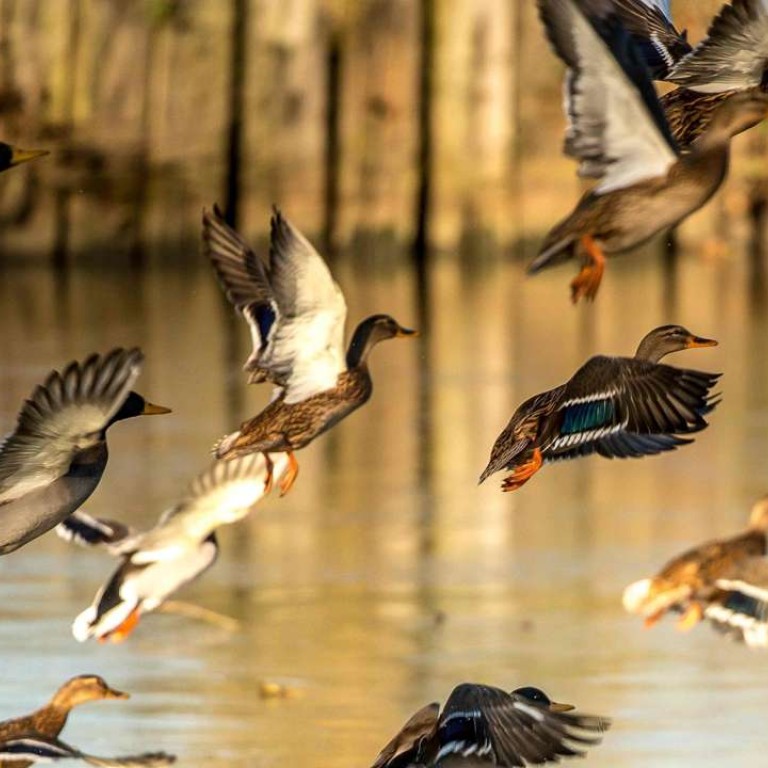
Bird flu hits France’s foie gras heartland
France confirmed on Friday an outbreak of severe bird flu on a duck farm in the southwest and said the virus was spreading in the region, in a setback for French poultry and foie gras producers recovering from a bird flu epidemic a year ago.
The H5N8 avian influenza virus was confirmed at a farm in the Tarn administrative department, the agriculture ministry said, days after the virus was detected among wild birds in northern France and following outbreaks in Europe linked to migrating birds.
The H5N8 virus has never been detected in humans, unlike some other strains, but it led to the culling of millions of farm birds in Asia in 2014 before it spread to Europe.
A series of cases of H5N8 and other bird flu strains in Europe in recent weeks has led to slaughtering of poultry on some farms and preventative measures such as keeping commercial flocks indoors.
In France, the H5N8 outbreak killed 2,000 out of a flock of 5,000 ducks on the first identified farm in the Tarn and the remaining birds are to be culled, the ministry said.
The authorities in the Tarn later said the virus had been detected at a second farm nearby and that some 7,000 ducks were being slaughtered in the area.
Local officials also reported cases of the H5N8 virus in three other administrative departments in southwest France, the region famous for its production of foie gras, the speciality made from duck and goose liver.
The ministry later confirmed the spread of the virus, saying the different cases were linked to the initial outbreak in the Tarn and caused by transport of infected animals.
The outbreak means France, the European Union’s biggest poultry breeder, will not be able to regain for now its international status as being free of highly pathogenic flu.
It had aimed to recover that status on December 3 had no further cases been found, the ministry said.
Now it won’t be cleared for at least another 90 days, delaying a return to normal trade with countries such as Japan that imposed blanket bans on French poultry products during the previous wave of outbreaks.

“The immediate consequence is regarding the bird flu-free status,” Marie-Pierre Pe, spokeswoman for foie gras makers’ group CIFOG, said. “This outbreak puts back by four months the possible reopening of trade barriers.”
Producers estimate that a four-month halt to duck and geese breeding earlier this year to stamp out the previous wave of bird flu will reduce foie gras output by a quarter this year and raise prices by about 10 per cent, just as demand peaks in the year-end festive season.
Some countries have limited trade restrictions to areas of France where bird flu has been detected and the agriculture ministry said this practise should allow France to continue exporting after the new outbreak.

